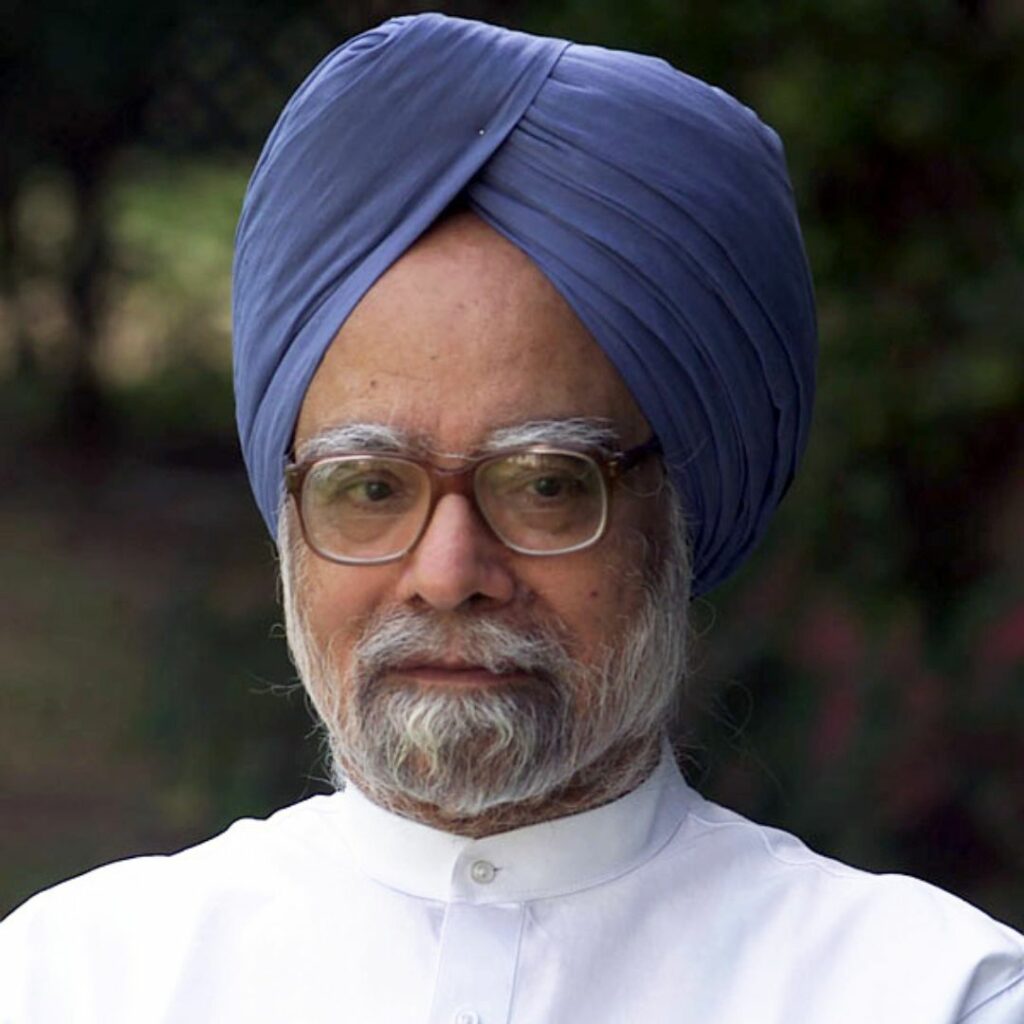A new study of over 300,000 individuals has found a link between poor sleep and decreased heart health, emphasizing the impact of sleep quality on long-term cardiovascular well-being. The study, conducted by researchers from the University of Sydney in Australia and the University of Southern Denmark, sheds light on the various sleep factors that can influence heart health, including sleep disorders and overall sleep patterns.
Sleep apnea, a common breathing-related sleep disorder, was identified as a significant risk factor for compromised heart health, with individuals experiencing a substantial reduction in their heart-healthy lifespan. Notably, the study considered a wide range of sleep-related aspects, such as fragmented sleep, snoring, and daytime sleepiness, in its analysis.
Prof. Emmanuel Stamatakis, co-author of the study, emphasized the multidimensional nature of sleep, emphasizing the need for a comprehensive approach to address sleep issues. The study’s findings underscore the importance of healthcare professionals addressing sleep concerns with their patients, as poor sleep can not only impact long-term health but also have immediate daily repercussions, affecting alertness, physical performance, mood, and cognitive abilities.
Furthermore, the study highlighted the close relationship between sleep-related disorders and cardiovascular risk factors, including obesity and physical inactivity. Sleep-disordered breathing was found to contribute to fragmented and less restorative sleep, leading to potential cardiovascular implications. The researchers stressed the significance of recognizing the interconnectedness between sleep quality and overall health, urging individuals to seek professional help for chronic sleep problems.
While the study utilized self-reported and clinically observed data, concerns were raised about the accuracy of self-reported information, suggesting a possible underestimation of the health consequences of poor sleep. Despite some limitations, the study’s conclusions align with prior research, emphasizing the benefits of improving sleep quality and advocating for the incorporation of sleep evaluation in cardiological care.
Also Read: Exploring India’s Healthcare Oasis: A Comprehensive Guide To Medical Tourism











